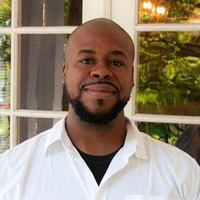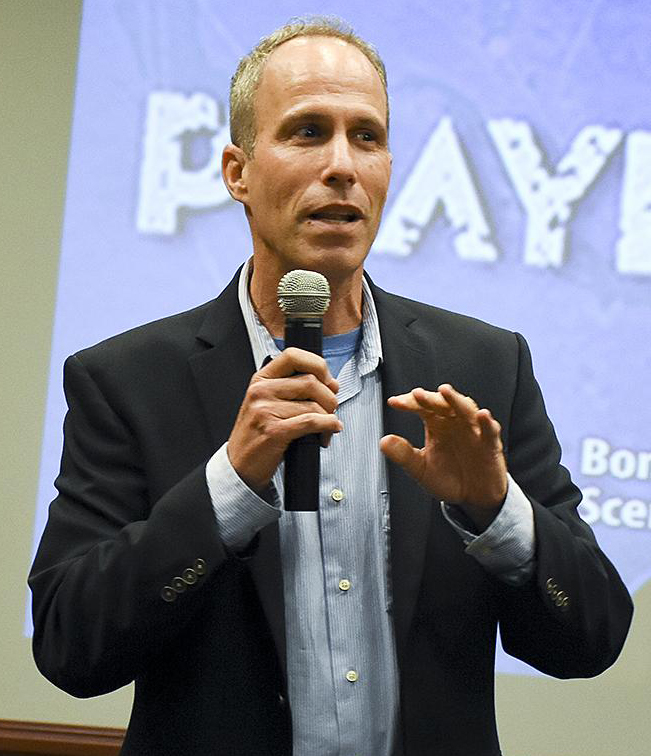About
- Wright's research focuses on dictatorships and the factors that lead to the rise and fall of autocratic regimes.
- In their forthcoming book, "The Origins of Elected Strongmen: How Personalist Parties Destroy Democracy from Within," Wright and his co-authors use original data from more than 100 cases to show how personalist leaders and parties are able to generate polarization in the population and ultimately lead to the destruction of democracy.
- Wright has also written about the connection between migration and democracy and how money and resources sent by migrants back to their home countries shape political action in the Global South.
Joseph Wright is a professor of political science and co-director of the Global and International Studies program at Penn State. Wright’s research expertise focuses on the political conditions that contribute to the rise and fall of dictatorships and autocratic regimes. He’s the author of four published books on the subject, including “How Dictatorships Work: Power, Personalization, and Collapse,” published in 2018 by Cambridge University Press, and “Migration and Democracy: How Remittances Undermine Dictatorships,” published in 2022 by Princeton University Press. His upcoming book, “The Origins of Elected Strongmen: How Personalist Parties Destroy Democracies from Within,” (publishing in June by Oxford University Press) highlights the rise of strongman leaders as a growing problem for democracies.
Wright’s work has been cited by The New York Times, and he’s been quoted by Yahoo Finance and Newsweek. His op-eds and Conversation pieces have been published by outlets such as the Washington Post, Yahoo News and TribLive.
In The Media
Authoritarianism scholars warn Trump’s control of the Republican Party is bad for democracy
from Salon January 30, 2024
"But so-called personalist parties, as political scientists like us call them, are a threat to democracy because they lack the incentives and ability to resist their leader’s efforts to amass more power."
Will Trump Do Time? What It Would Take to Convict the Former President
from Newsweek July 20, 2022
"Prosecuting and losing is a worst-case scenario. It will vindicate Trump's claims of a witch hunt."
Russian military has committed war crimes in Ukraine, Amnesty International report claims
from Yahoo NEws April 7, 2022
“Leaders who face the prospect of punishment once a conflict ends have an incentive to prolong the fighting."
It’s not just a Putin problem. ‘Personalists’ like him are behind much of the world’s bad behavior.
from The Washington Post March 2, 2022
"In these and other instances, paranoid and erratic authoritarian behavior was a product of years of 'personalist rule' — when leaders successfully concentrate powers in their own hands."
from BBC News October 29, 2021
from TribLive April 8, 2022
"None of the available methods are likely to punish Putin any time soon, and they may even lead to more potential war crimes."
Why the best way to stop strongmen like Putin is to prevent their rise in the first place
from Yahoo News April 7, 2022
"Our research has found that once these type of leaders start repressing their own citizens at home or initiating conflicts abroad, there are few good ways to stop them."




.jpg)



